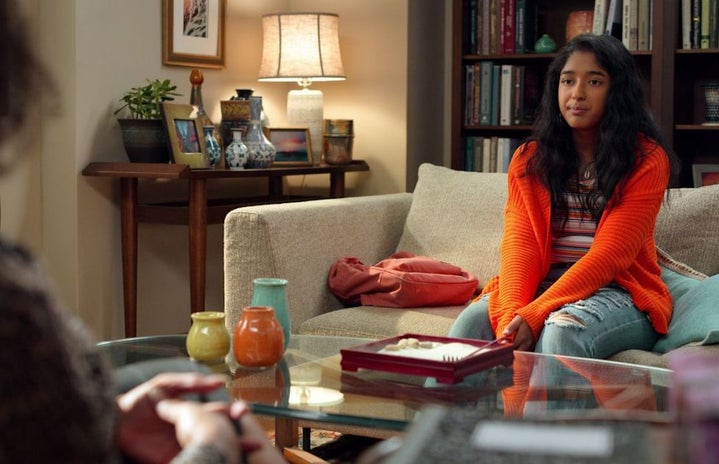Mental Health in the United States alone is still a very taboo topic. Although, there has been a steady increase in the number of American citizens that attend therapy since 2002. Understandably so, people will often quit after the first, few negative experiences. Even I had my doubts about therapy. I got my first counselor sometime in late elementary school; I couldn’t stand her. Then after a few more I gave up on counseling. It was maybe a good 2-3 years before I starting seeing my current counselor, and I even had my doubts about her. I stopped going to her for about a year and a half before becoming a more active patient. I will meet with her anywhere from once a month to twice a week. Ultimately, throughout my journey thus far I have learned a lot.
Know When to go
You might be torn between going to therapy and avoiding it at all costs. That’s perfectly fine – I was even like this for awhile. I think a good way to tell if you are ready for therapy is to attend at least three sessions. The first and second one are always introducing and getting comfortable with each other, so therefore, the most accurate way to tell is after that third session. Putting aside if you think that particular therapist was a good fit or not, decide whether or not you liked the feeling it gave you. By this, I mean think to yourself if it felt good to have a place to talk things through. If you decide it felt good, then you have your answer. Going to therapy doesn’t make you odd or insane; when done well, it can help relieve the stress you carry around 24/7.
Don’t Settle
Everyone is different; therefore, not every therapist or counselor will work for you. For instance, my counselor works best for me because she does more listening and low-key advice rather than a much more adamant hands-on counselor. This works better for me because I experience more benefits that way rather than with an equally good therapist with a different approach. If you’re anything like me, you won’t know your preferred approach until you go through the painful process of finding it. So, it might take a while before you find that perfect fit.
You, Me, and The Wall
Every counselor I’ve ever had always had the same conversation with me with just a slightly different delivery. Mostly I would hear a basic, “You can say anything to me and I won’t tell anyone unless what you say is a danger to yourself or others.” Which was basically their way of saying everything was confidential unless I was gonna harm someone. My current counselor’s confidentiality speech was a little different. She started by basically saying, “I’m sure you’ve heard this speech a hundred times, but for a refresher everything you say is protected unless you express wanting to harm people. Essentially, anything you say stays between you, me, and the wall.” Something about this stuck with me. I believe what affected me most is the fact that she gave it physical value which made it hold more weight to me rather than it sounding like an empty promise.
You Do You
At the end of the day, you know what works for you best. I can give all the tips in the world, but that doesn’t mean I’ll be able to help everyone equally. Some things I’ve said might have really hit home with you and others not so much. Your time in therapy is spent however you choose to spend it. I’ve had many sessions that I felt like a giant weight was lifted from me. On the other hand I’ve also had sessions where I come out feeling the same or only slightly better. Having sessions like that is normal and doesn’t mean that therapy doesn’t work for you anymore. Sometimes you might just be even too tired for your therapist. Therapy is something that shouldn’t be a big stressor in your life, so take it easy and enjoy the ride. It’s a curvy road, but it’s worth it.


